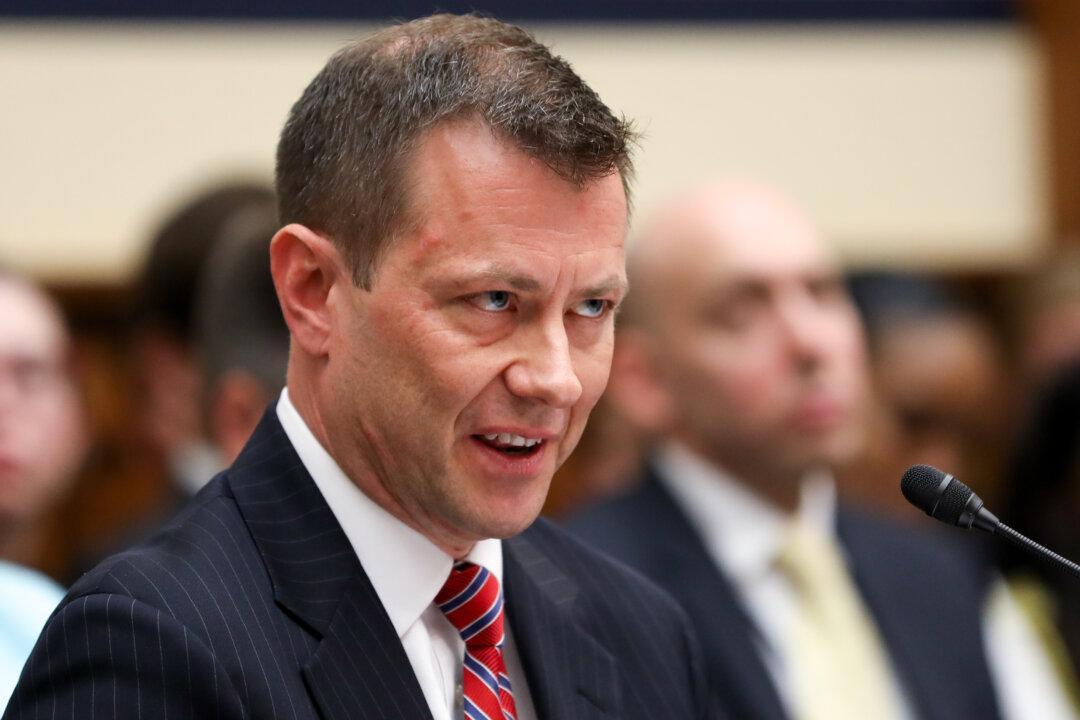News Analysis
We’ve all seen example of the various texts between former FBI Agent Peter Strzok and FBI Counsel Lisa Page. One thing remains constant throughout the public versions of their interactions—the heavy use of redactions.

We’ve all seen example of the various texts between former FBI Agent Peter Strzok and FBI Counsel Lisa Page. One thing remains constant throughout the public versions of their interactions—the heavy use of redactions.